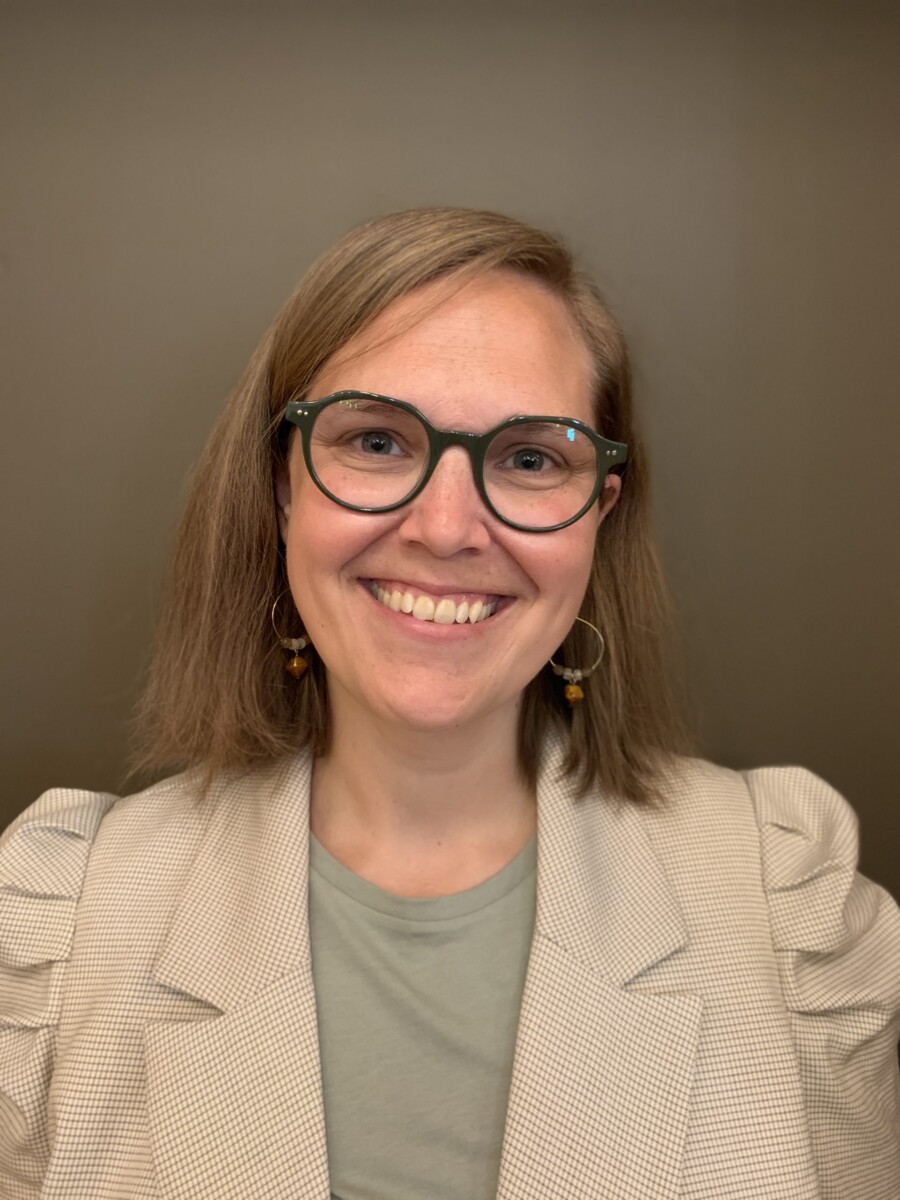For the last decade I’ve suffered from a spinal injury that developed into spinal stenosis and severe osteoarthritis. I was 27. Too young. Overnight, my lifestyle disappeared and to add what felt like insult to injury, I gained back a good portion of weight I had lost. Plus, I found myself dealing with a second chronic injury in my hip, a third chronic condition silently wreaking havoc within my body, and delays in treatment beyond my control. But perhaps the most disappointing aspect for my psyche would come every year or so when I would try to increase my activity; each time resulted in failure and disappointment.
It wasn’t until I was sitting in my mental therapist’s office that I realized how much my hope had gotten lost in the physical. Or maybe more accurately, that I had placed my hope in things of this world was laid unbearably bare. In the middle of the session I blurted out:
“I feel like I’ve lost the best years of my life.”
It turns out, I’d bought into the idols of our age: that bodies able to soar and sprint and climb and lift are the best bodies — especially when they are thin and sexy. I had fallen into the trap that youth really is as good as it’s going to get. And most fatalistic of all, if you didn’t have your life sorted by the time you were 30 — and to be honestly more specific, if you hadn’t found someone willing to spend the rest of their life with you, it was already too late because “it’s all downhill from here.”
I didn’t do so willingly. I even taught and preached against these false gods, but insidiously they found their way in. Looking back, I think it’s because I didn’t have an alternative to replace them with. That’s how mental models and false narratives actually change: you can’t just reject the bad, you have to live the true.
My therapist retorted my statement of loss, failure, and resignation with an incredulous: “How do you know that?”
How did I know that the best, all reason to hope, laid in waste behind me?
“How do you know?” has become my new hope question, the narrative that replaces the traps laid for me by resignation that my life is over, that the best that I can be has already faded. Instead, each day I wake up and live in the mystery that I do not know.
The definition of the Greek word for “hope” in the Scriptures (such as in Hebrews 11.1) is “to look forward to something, with the implication of confidence about something coming to pass.” I understand now, that if I can’t know that past-me was the best-me that will ever be, I can seek to be a better me right now. But not on my own strength. I tried that and I kept unwittingly falling to the temptations of the idols. No, now I understand that hope is best when the Triune God is at its center; even hope about my very self.
My lament of what has-not-been still gets a voice. Pain, in all of its forms, is very real. And the nature of “chronic” is that it sticks around past its welcome. But the mystery of God is that I can still have the best version of me in the midst of this suffering.
For me, that has meant sifting through what I do and why I do it and trying to remove the wrong motivations: expectations and “hopes” others have for me, my fears of rejection, seeking to numb my suffering or make it more palatable (for myself and others), succumbing to the demands of the world…
Then, to replace these motivations with mysterious hope by living each day as part of discovering what God needs me to do; what God has planted within me to grow and gift to the world; to lie down (because sitting hurts too much) in silence and solitude, unafraid. To dare to try to be happy and dream that the best of what I will be is unfolding right now because I’m choosing to follow God’s narration and no one else’s — not even my own.
As mystery, what my life will look like is unknown. But each day, I fill in a piece of the steps of faith; I have hope. Instead of being resigned about what I cannot do, I live within what I am doing — a doing which includes experimenting with the boundaries of what I thought possible. Now, I’m motivated by discovering God’s hand and a sense that what’s possible might actually be much larger than I ever imagined. Because my hope is about what God is able to do, and that’s limitless.
Photo credit: by Meta Zahren via Unsplash.

